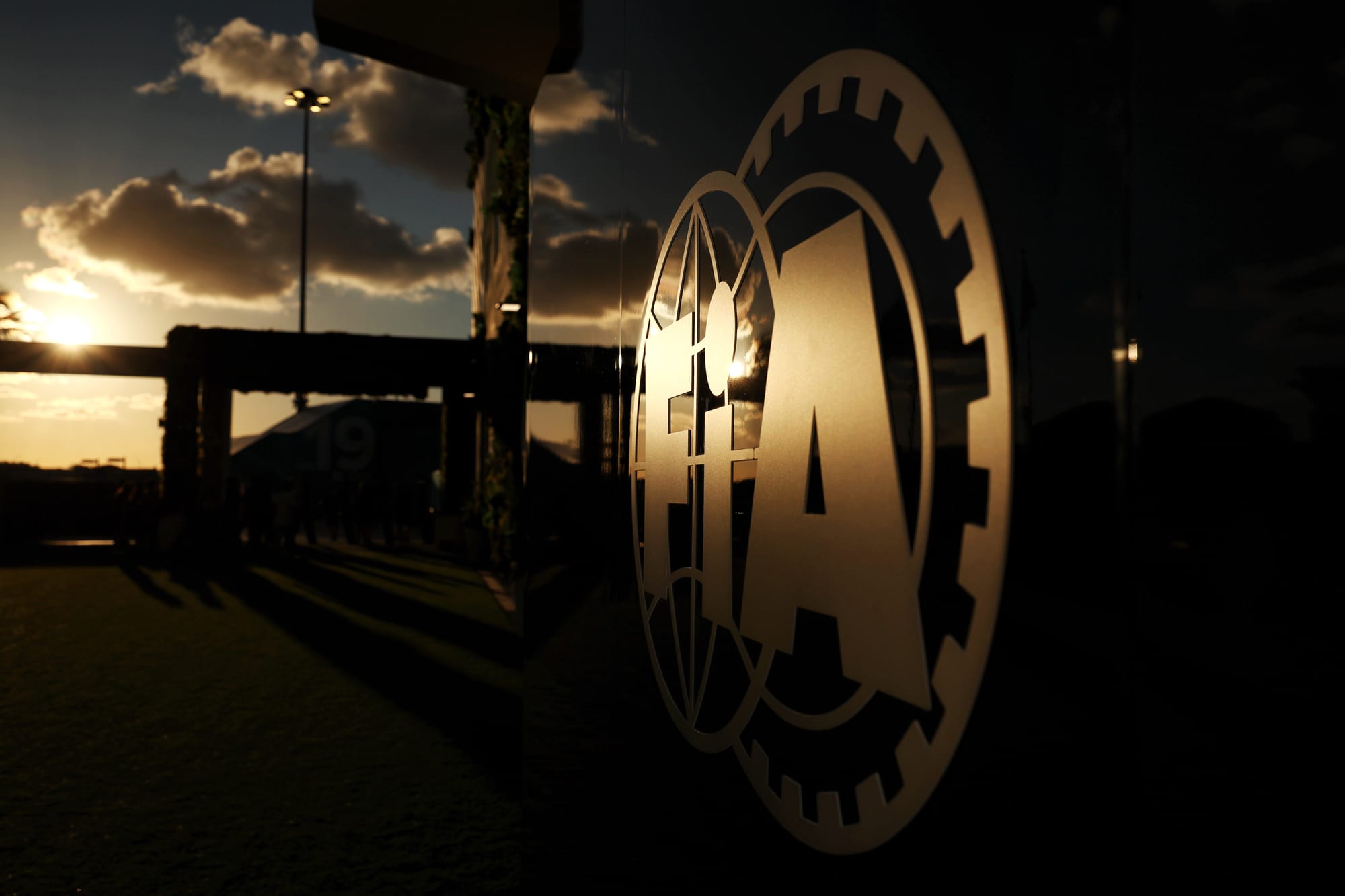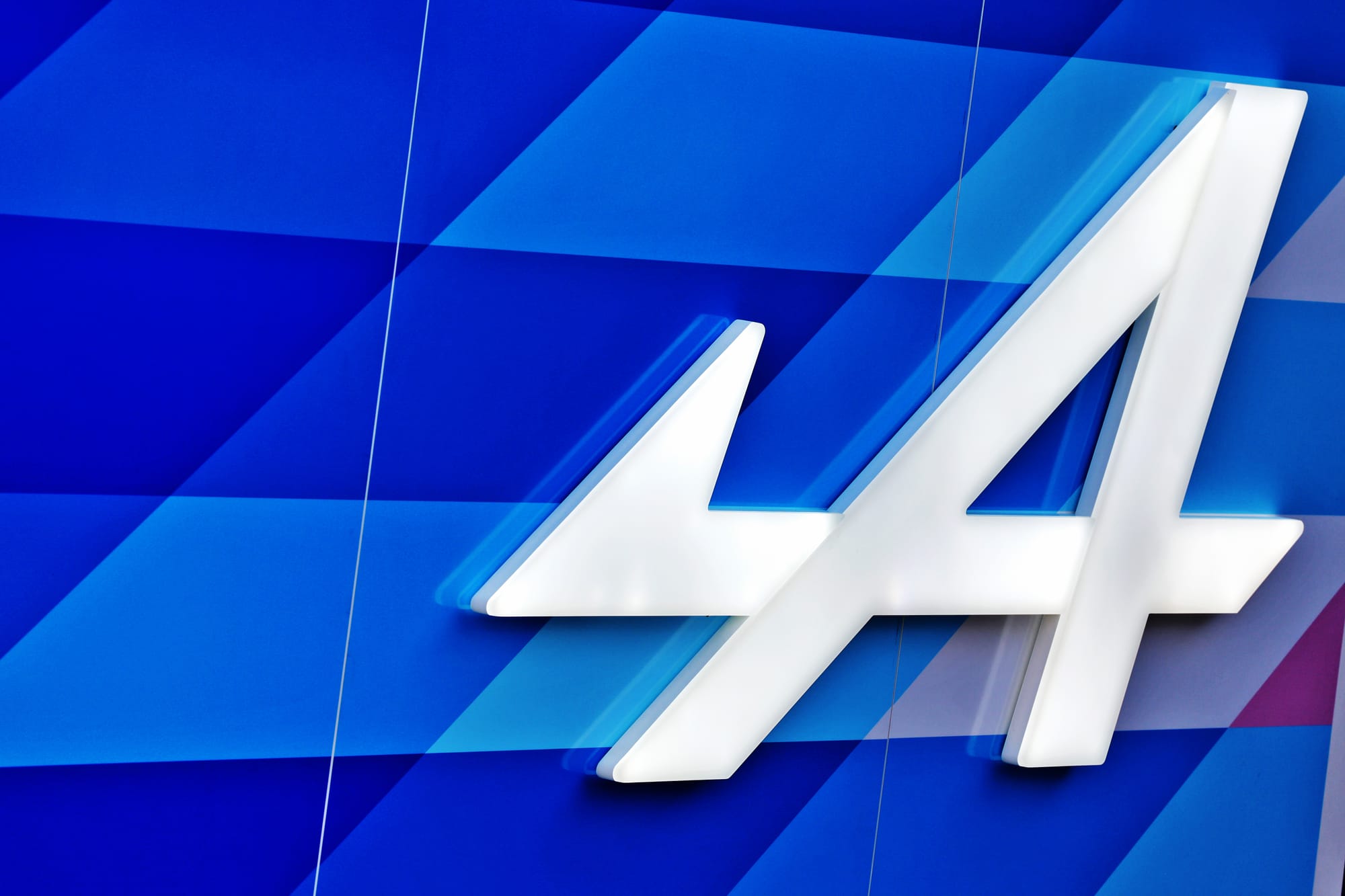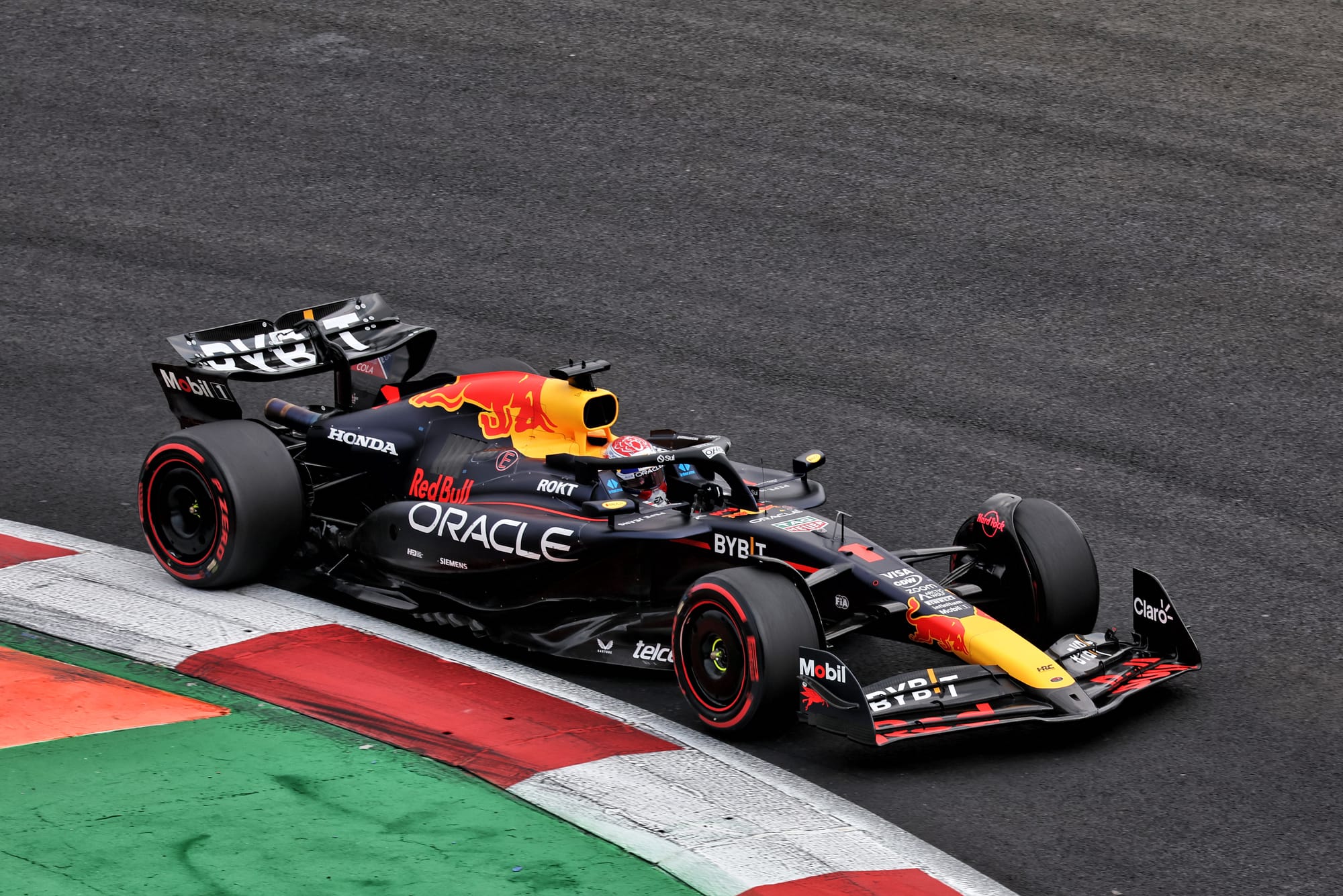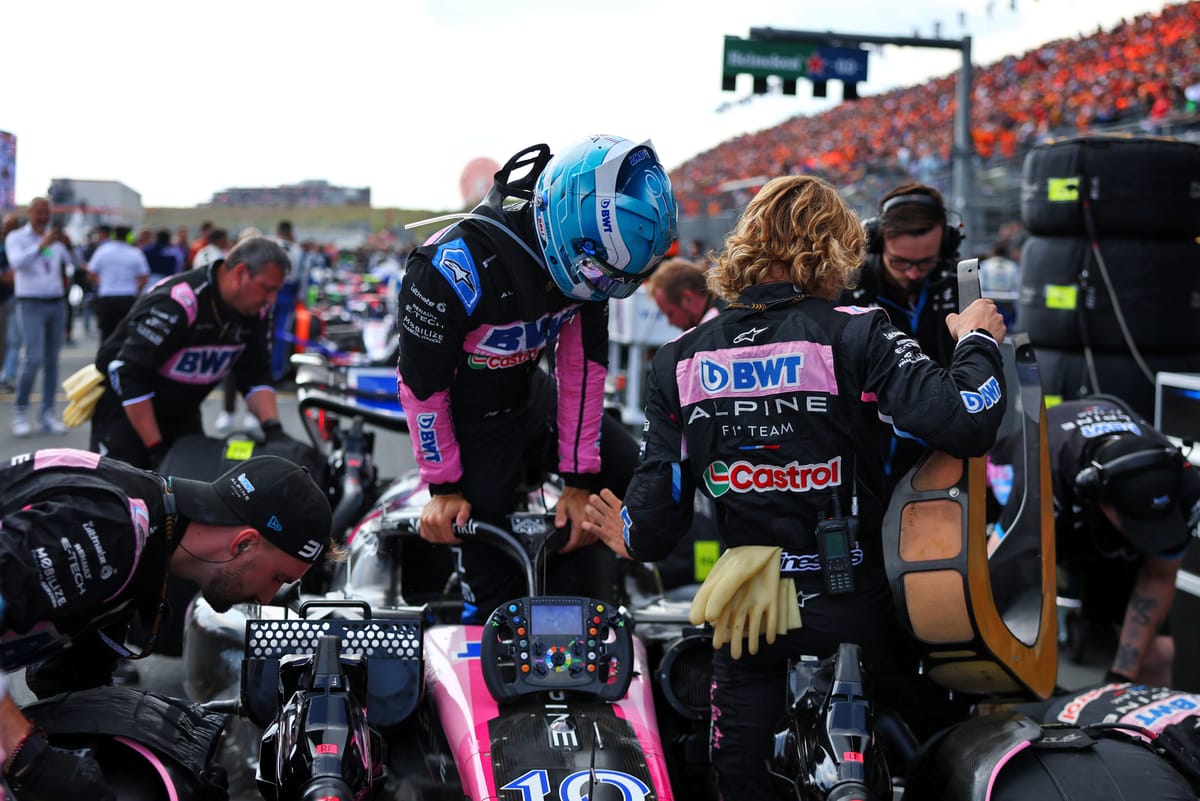

Formula 1's governing body, the FIA, has announced the consequences of the breaches committed by engine manufacturers Honda and Alpine as part of the first review under F1's new power unit manufacturer cost cap.
This cost cap, teeing up the switch to new engine regulations for 2026, had followed the introduction of one for the teams.
And just like with the teams' first reporting period breaches have been flagged, with Honda and Alpine publicly disclosed as having fallen foul of the power unit financial regulations last month and owe $600,000 and $400,000 respectively.
Crucially, however, both Honda and Alpine - which is responsible for the engines competing under the Renault branding - committed procedural breaches rather than overspend breaches.
As part of the arbitration process laid out in case of a breach, the FIA entered into a so-called Accepted Breach Agreement with Honda on October 7, and with Alpine four days later.
The common details

Both the notice of the agreement between the FIA and Alpine and the notice of the agreement between the FIA and Honda outline the same five details in relation to the manufacturers' conduct.
The FIA states that in the cases of both Alpine and Honda:
- The offending parties "acted cooperatively and in a spirit of good faith throughout the review process and sought to provide additional information and evidence when requested in a timely manner".
- There is no evidence either "sought at any time to act in bad faith, dishonestly or in a fraudulent manner", or to conceal information.
- There is no evidence either "gained or sought to gain any advantage in committing the breach".
It also acknowledged as a mitigating factor that 2023 is the first year that these rules - "a complex set" of regulations - were in play.
The specifics
The FIA did, however, disclose a major difference between the two manufacturers' procedural breaches.

Alpine - which currently does not have a team to supply with its Renault-badged engines for 2026, as the Alpine works team has already confirmed it will be switching to Mercedes units - was deemed to have breached the regulations because its initial submission, dated April 2 of this year, "contained significant deficiencies".
"Several required procedures had not been performed at all, and several other procedures had only been partially completed," the FIA explained.
An updated report that "addressed all of the deficiencies" was submitted on May 7. However, as Alpine's initial report had been "inaccurate by omitting relevant information", and thus in breach of the regulations, it has been assessed a financial penalty of $400,000.
The breach "did not directly relate" to Alpine's costs. But this wasn't true in Honda's case.
The FIA said Honda "included incorrectly excluded and/or adjusted costs in the calculation" of the relevant cost total.
Specifically, there were incorrectly excluded costs relating to dyno maintenance and an understatement of costs relating to inventories - though the FIA did not disclose which exact provision of Article 4.1 (f) of the technical regulations, which governs the reporting of inventory costs, was breached by Honda.

However, the resulting adjustment of the costs has still kept Honda under the cost cap limit, which meant only a procedural breach has been committed.
As part of the breach agreement Honda is to pay $600,000 - $200,000 more than Alpine. Both manufacturers are also to cover the costs incurred by the Cost Cap Administration in this process.
